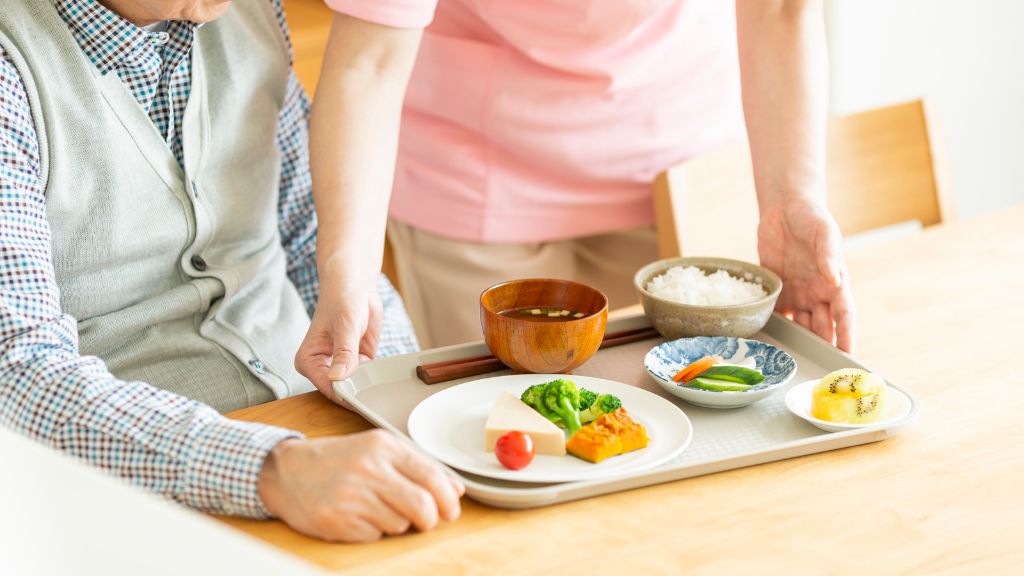Looking after the elderly, disabled, and ill can be fulfilling, but it’s extremely hard work for caregivers. They have been playing a major role in the care industry for years, helping people who need support and assistance with their daily activities. But what type of care do they give and how does it positively affect the quality of life for their patients?
Behind Every Successful Patient: The Vital Role Of Caregivers In Healthcare
Whether informal or formal, i.e. a family member/friend or a paid professional, the job of a caregiver is to provide a warm and welcoming environment for their patients. One in which they can feel comfortable and supported.
This support is required because, for many reasons, some individuals may struggle to carry out daily tasks, which affects them being able to care for themselves.
A person may require care because of a physical disability they have, such as cerebral palsy. In this instance, they may struggle to dress and undress, bathe, brush their teeth, cook, and carry out certain household tasks, such as dusting and hoovering. A caregiver can assist with all of these things.
You may have thought about becoming a caregiver but you’re unsure of what the role involves. Well, a caregiver may assist their patients by:
- Attending to their hygienic needs. For example, if required, a caregiver may assist them with bathing, dressing/undressing, and brushing their teeth. Additionally, since toileting is classed as one of the activities of daily living (ADLs), a caregiver may assist their patient when using the toilet.
- Completing household chores, such as dusting, mopping, making the bed, and washing clothes.
- Preparing their meals and washing up afterwards.
- Accompanying them when they shop.
- Keeping a record of their patient’s physical condition, i.e. their weight and how often they are eating.
- Reminding their patients to take any medications, according to what their doctors have prescribed.
This is not an exhaustive list of what a caregiver can provide to their patients. All of the above and much more can help an individual in need of care, not only physically but mentally as well.
The physical and mental well-being of a patient is important for their emotional health, going a long way to improve their quality of life. This demonstrates the key role of caregivers, and the range of skills they need, both personal and professional, for them to commit to providing care to those with a variety of needs.
A Stronger Healthcare System Starts With Empowering Caregivers


Whilst the elderly, ill, and disabled need support, so do the caregivers who are providing it.
The consistent support that caregivers provide requires them to have empathy, patience, and dedication, and to be continually resourceful, all of which can put a strain on their physical, mental, and emotional health.
If you are already a caregiver seeking further support, you can feel more empowered in your role by:
- Embarking in caregiving training to learn relevant skills and techniques of which you can apply in your everyday caregiving duties. For example, a Level 3 health and social care diploma can help you progress in a caregiving environment, such as a residential or nursing home, where you specialise in offering care. Taking part in a course will also allow you an opportunity to network with like-minded people who are in similar positions.
- Taking time out for you to ensure a good work/life balance. Although it can be difficult to find time for a break, it is important that you do. Working in the care industry is demanding, so taking time out to care for yourself, to destress and ensure you maintain good physical and mental health, will not only benefit you but will also benefit your patients. When you are feeling refreshed and rejuvenated, you are more likely to provide better care since your mental resources will be replenished. Additionally, you should ensure you get the right amount of sleep to help boost your energy levels.
Why Is It Important To Value Caregivers?
The UK consists of many vulnerable and elderly people who require support in their day-to-day tasks so that they can achieve their full potential and lead happy lives. Caregivers are key to their success.
The care that they provide is equally important to young people who require support due to a disability. Caregivers enable them to progress by offering continued mental and physical support, helping to shape their future.
To conclude, the value of caregivers cannot be overlooked. Whether you are a caregiver who wishes to progress in your role or you are starting your career and want to make a difference in the care industry, it is important to know that there is plenty of support available to help you and your patients succeed.









